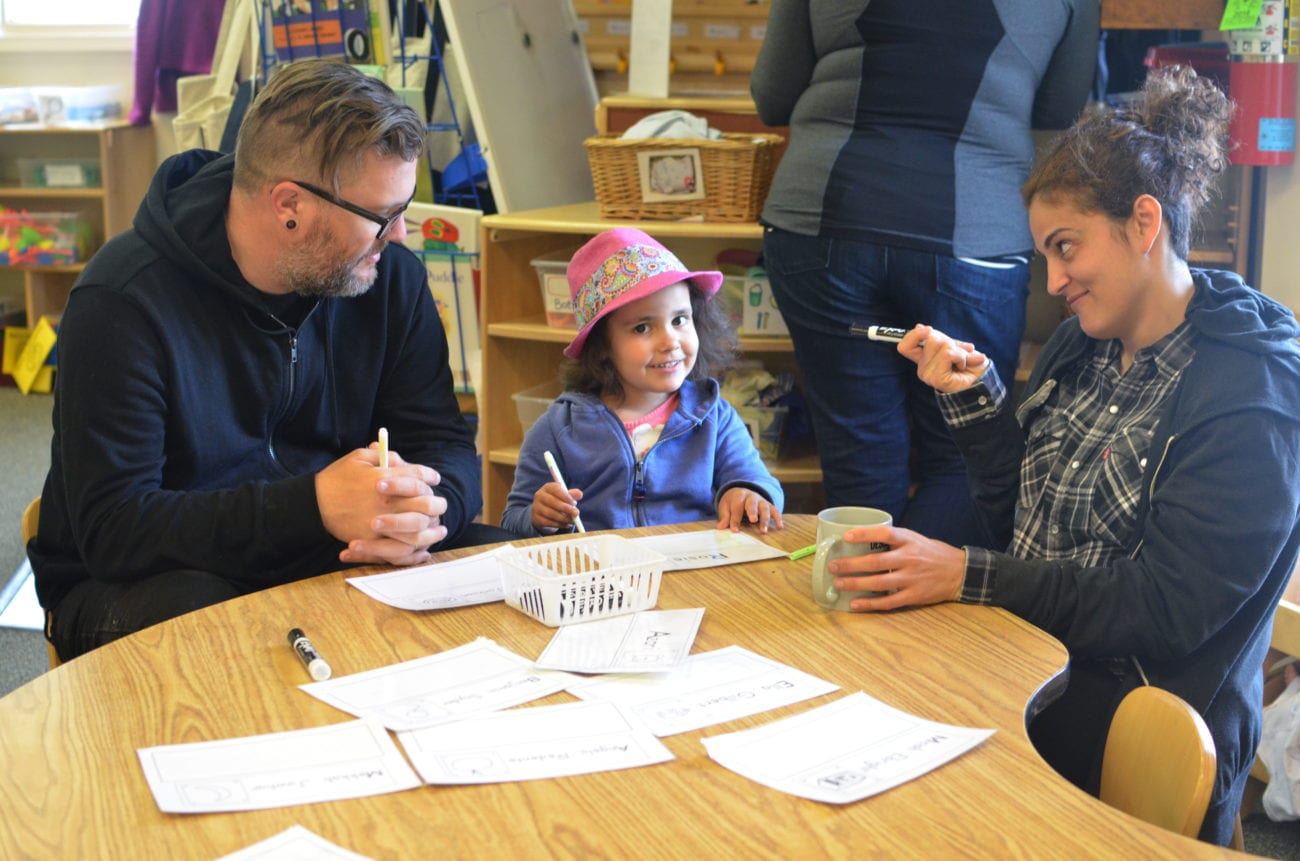Introduction:
Preschool parent workshops offer an excellent opportunity for parents and caregivers to engage with their children and gain valuable skills that can help promote learning and growth at home. These workshops often integrate fun, hands-on activities that are specifically designed to address the needs of young learners. In this article, we will discuss three easy, hands-on activities that can be introduced during preschool parent workshops.
1. Sensory Play with Edible Finger Paints:
One of the best ways to encourage learning at a young age is through sensory play. Edible finger paints provide a safe and engaging way for children to explore different colors, textures, and tastes while also developing their hand-eye coordination.
To create edible finger paints, mix plain yogurt or pudding with food coloring. Ensure that the colors are bright and attractive for young children. Give each child a piece of paper or plastic sheet to use as a canvas. Let them make their own creations using their fingers or paintbrushes made from fruits or vegetables.
During the workshop, parents can learn about the importance of sensory play in early childhood development and different ways they can incorporate it into their daily routines.
2. Storytelling with Puppets:
Storytelling provides endless opportunities for language development, creativity, and imagination. Using puppets during storytelling helps create interactive experiences where children can immerse themselves in a whole new world.
Set up a craft station where parents can create simple puppets using materials such as socks or popsicle sticks, felt pieces, googly eyes, glue, markers, and other decorations. While parents guide and assist their children in puppet crafting, discuss various techniques for narrating stories while using puppets. Encourage everyone to act out classic children’s stories or invent new ones together.
3. Building with Recycled Materials:
Introducing concepts like construction and engineering encourages cognitive development while helping children understand the importance of recycling. Set up a building station with various safe, recycled materials such as cardboard tubes, egg cartons, plastic bottles, and other household items.
Guide parents and children in building different structures or objects using the provided materials. For example, challenge participants to build the tallest tower or a racecar without any instructions. This activity emphasizes creativity, problem-solving, and teamwork while nurturing an environmentally conscious mindset.
Conclusion:
These three hands-on activities can serve as an engaging basis for preschool parent workshops. By integrating sensory play, storytelling, and construction with recycled materials, parents and caregivers will walk away with practical skills they can implement at home to foster their child’s learning and development. Remember that these activities must be adapted to meet the unique needs of your group; customization allows for a more inclusive and enriching experience for everyone involved.

